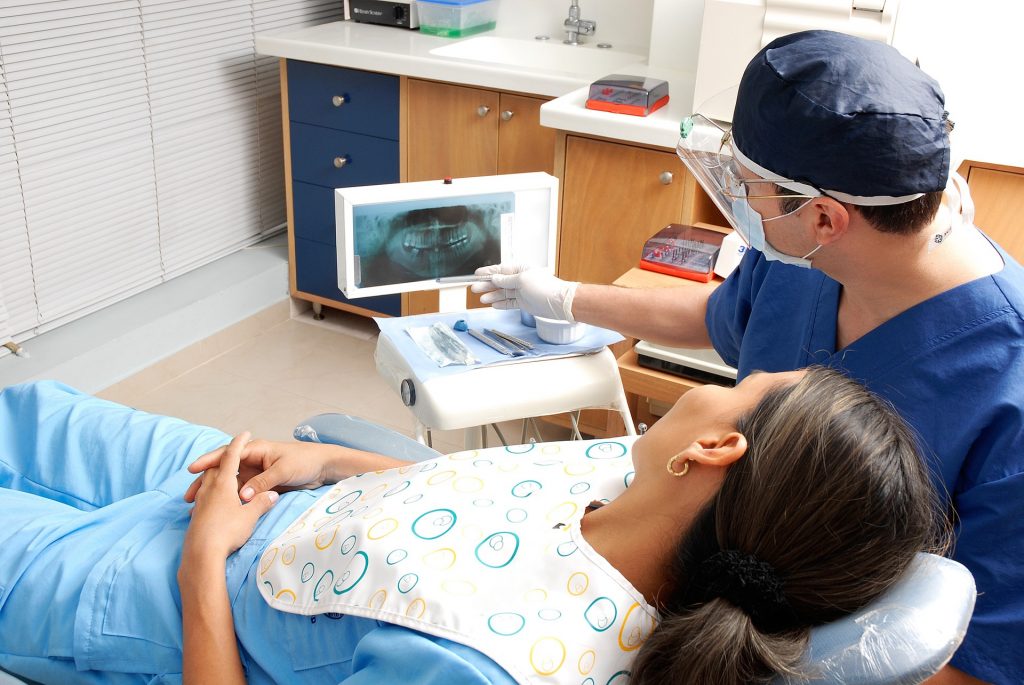
By Debra J. Stevens
The profession responsible for treating the ills of others is facing an epidemic of its own – physician burnout.
A startling 44% of surveyed healthcare providers described themselves as burned out in the Medscape 2019 National Physician Burnout, Depression & Suicide Report.

The report defines burnout as “long-term, unresolvable job stress that leads to exhaustion and feeling overwhelmed, cynical, detached from the job, and lacking a sense of personal accomplishment.”
And that doesn’t even account for those who reported as colloquially depressed (11%) or clinically depressed (4%).
This is the hidden healthcare crisis.

As patients, we count on our primary care providers to be at their best to meet our health and wellness needs. And many communities already face a shortage of family physicians and specialists.
Most physicians pursued a career in medicine because they wanted to help people. But their roles have changed as they continue to navigate a changing healthcare environment.
Sadly, they are spending less time with patients and more time on seemingly endless paperwork. Some studies say that doctors now spend up to 75% of their time on administrative tasks. That means they are not spending their time doing what they love – treating and caring for patients.

What can we, as patients, do to alleviate some of the distress our doctors are facing? Here are three ways you can be a better patient, which also makes it easier for your doctor to deliver better care:
Now more than ever, providers need a trusting relationship with their patients to connect to the meaning in their work. This level of trust and transparency can lead to a better relationship with your provider and ultimately, better care for you.

Debra J. Stevens is a long-time Scottsdale resident who has worked in healthcare for the past 15 years. She currently serves as executive director of marketing and communication for Arizona Care Network, a provider network and accountable care organization.